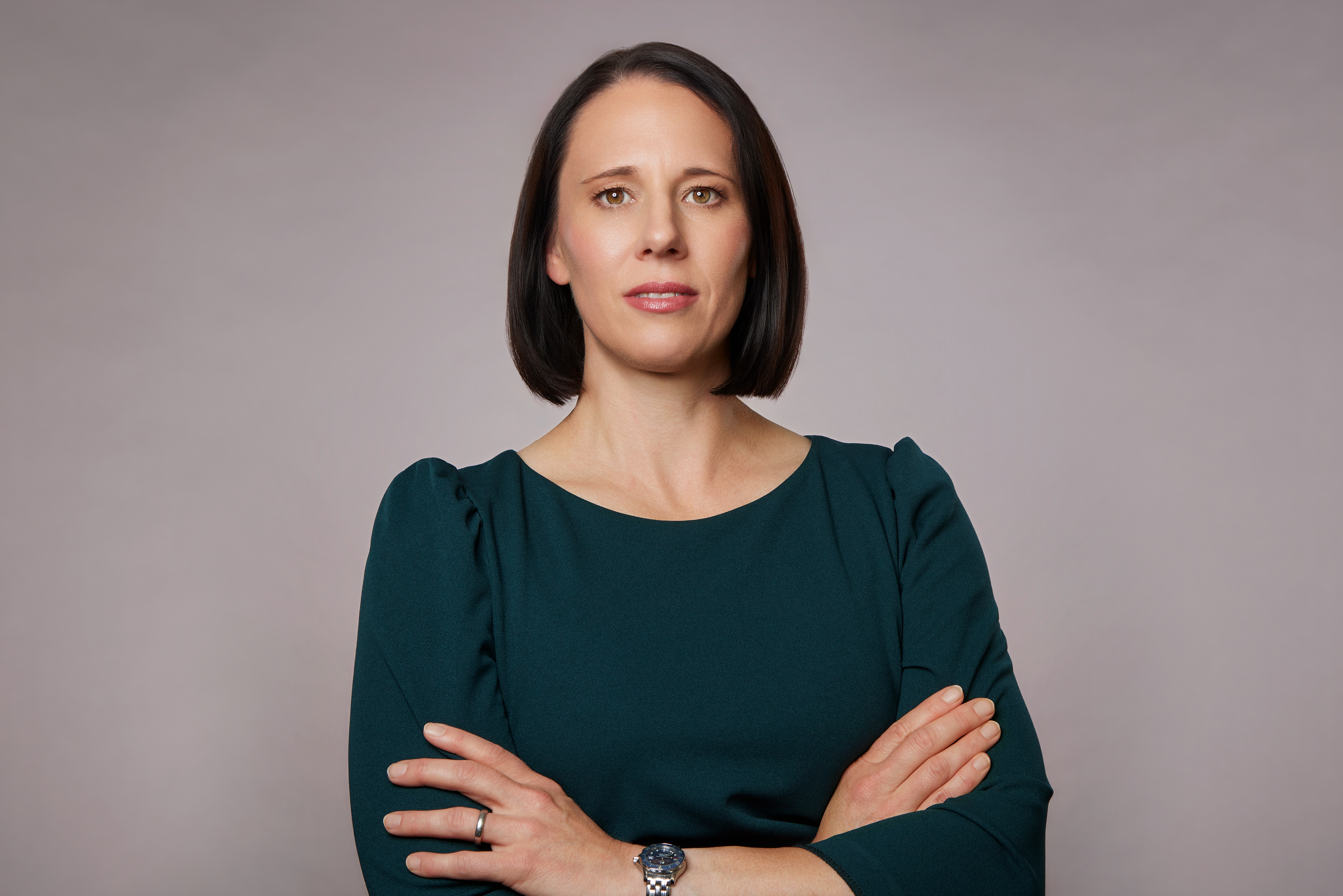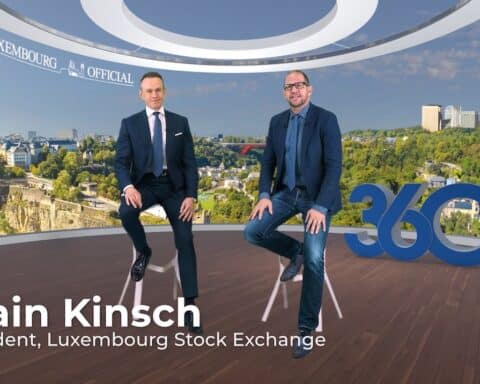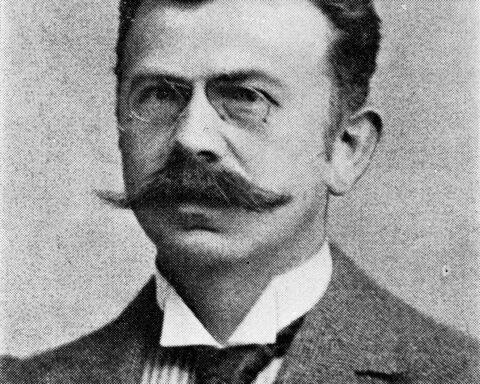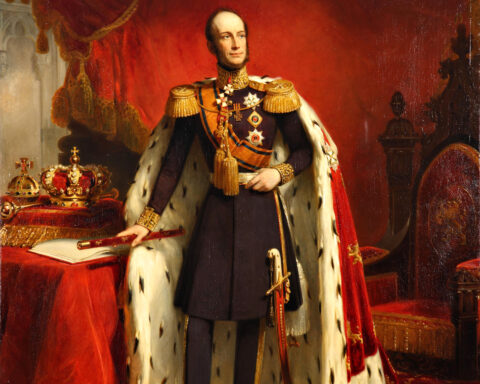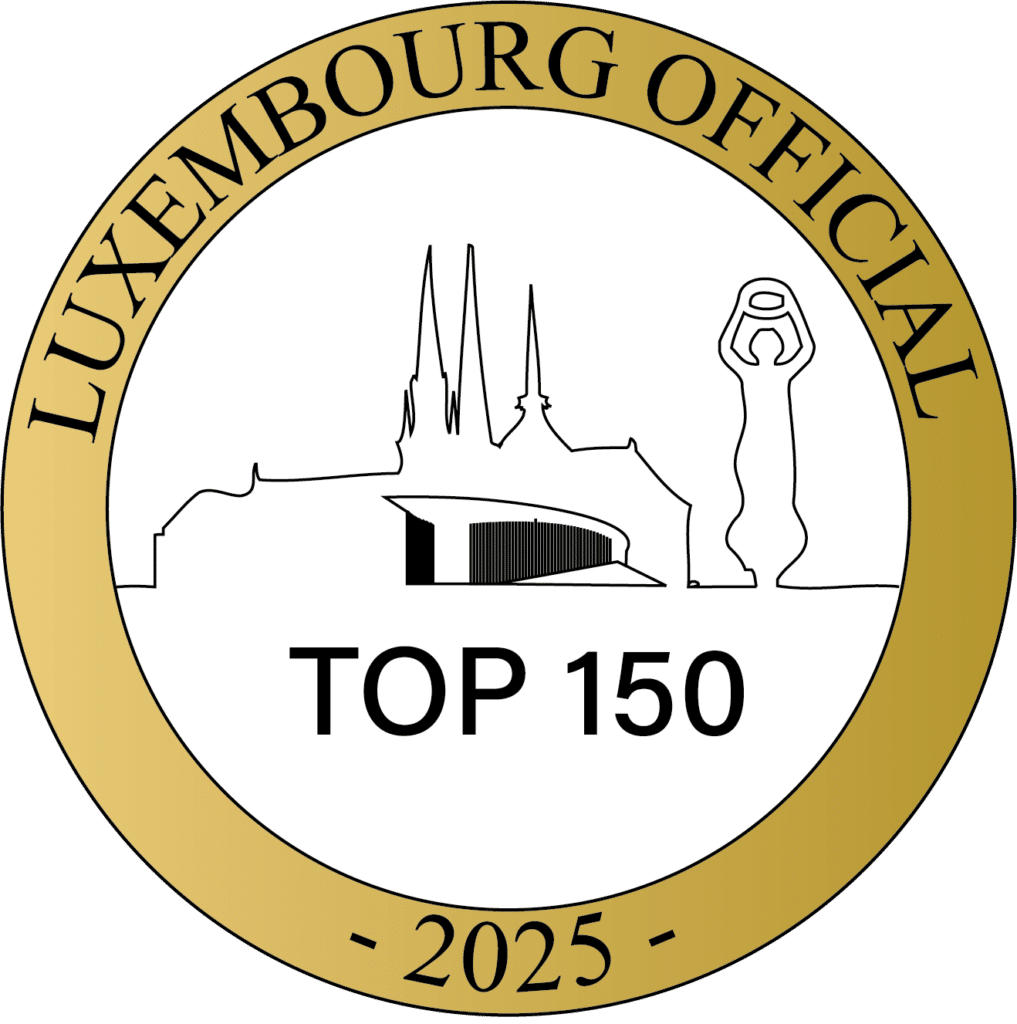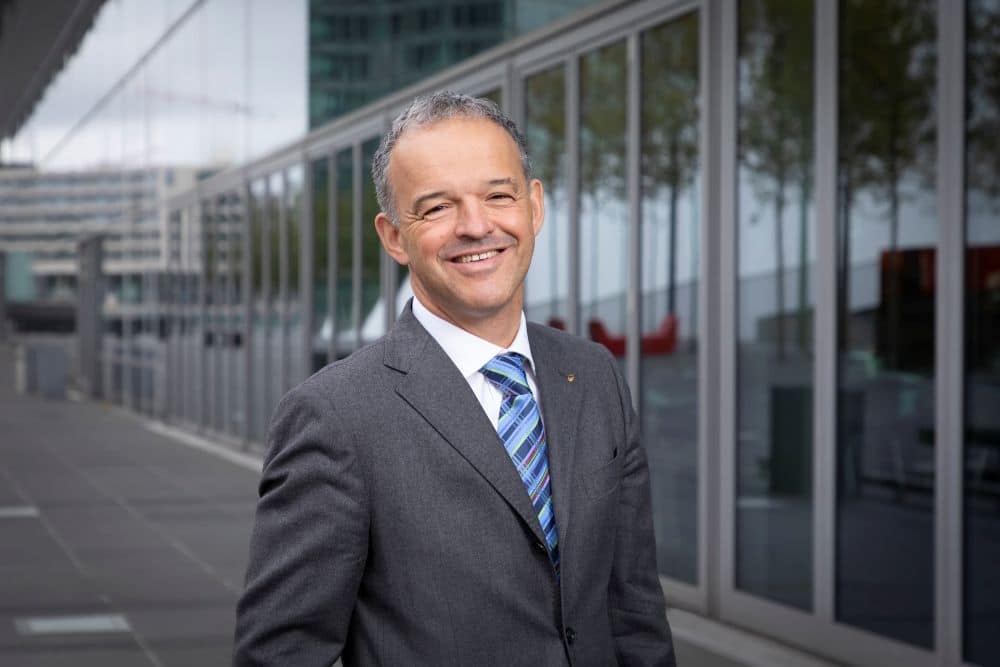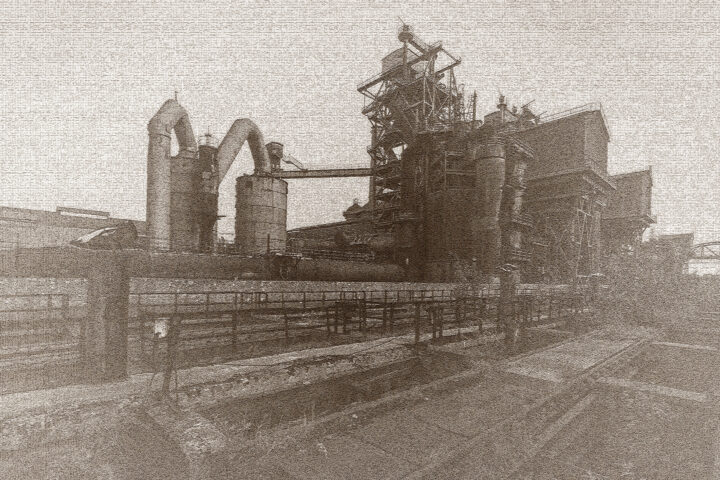Michel Reckinger, CEO of the Alfred Reckinger family business and president of the Union des Entreprises Luxembourgeoises (UEL), analyses the flaws in the current economic model and calls for urgent reform.
What is the role of the UEL in the economic landscape?
The UEL brings together the country’s main professional federations and chambers – the Chamber of Commerce, Chamber of Skilled Trades and Crafts, ABBL, ACA, and FEDIL, among others – to deal with the cross-cutting issues of labour law, taxation, and social security. Our team of around 20 people focuses exclusively on these three main areas. We do not replace sectoral federations, but we pool expertise on issues that affect the real economy. For example, on housing, we have acted as a coordinator between the positions of the various members, without imposing a single guideline. We do not seek to impose a sectoral vision, but to organise dialogue and structure proposals with clarity. When an issue goes beyond a single sector, the UEL becomes the main point of contact with the public authorities. This coordinating role, which is essential in a fragmented ecosystem, allows us to speak with one voice on fundamental issues.
How do you see the current economic situation?
Luxembourg’s economic model is based on minimum annual growth of three to five percent. However, three of the last five years have been marked by recession. In concrete terms, this means that the fundamentals no longer hold. Employment is stagnating, pension funds are heading toward a structural deficit, and social balances are becoming fragile. What we have been saying for months is simple: growth is no longer happening, and we need to restart the engine. We’ve analysed the figures from STATEC, the OECD, and Brussels; they all show the same trend. Without a recovery, our entire model of solidarity is at risk of collapsing. We must dare to say it: our economy is no longer functioning as it used to, and pretending not to see reality prevents any reform. The aim is not to announce a catastrophe, but to awaken a collective consciousness. Reform is essential, otherwise the consequences will be irreversible. National consensus must not become an obstacle to action. Political courage is needed to face the real challenges
“Our economic model of the past five years is no longer working.”
Which reforms are most urgent today?
Three areas need attention: taxation, labour law, and social security. On taxes, it is time to return to the European average. The Luxembourg rate remains too high—over 24 percent—while the image of a tax haven continues to distort perceptions. A further reduction of one percentage point would send a strong signal. With regard to labour law, absenteeism has become a scourge. The statistics are clear: Mondays and Fridays are overrepresented. Everyone must be made accountable. One possible solution would be for employees on sick leave to bear a small part of the cost, or for medical checks to be stepped up. Today, the ANC is sorely lacking in medical examiners. Finally, the employer-employee relationship needs to be modernised. Too much rigidity prevents the smooth organisation of work: we need teleworking, flexible working hours, and direct dialogue. Current laws date back to a bygone industrial era. We need to restore flexibility without compromising protections. The economy has changed, and the rules must follow suit. The stakes are high: maintaining our competitiveness while ensuring sustainable social protection.

